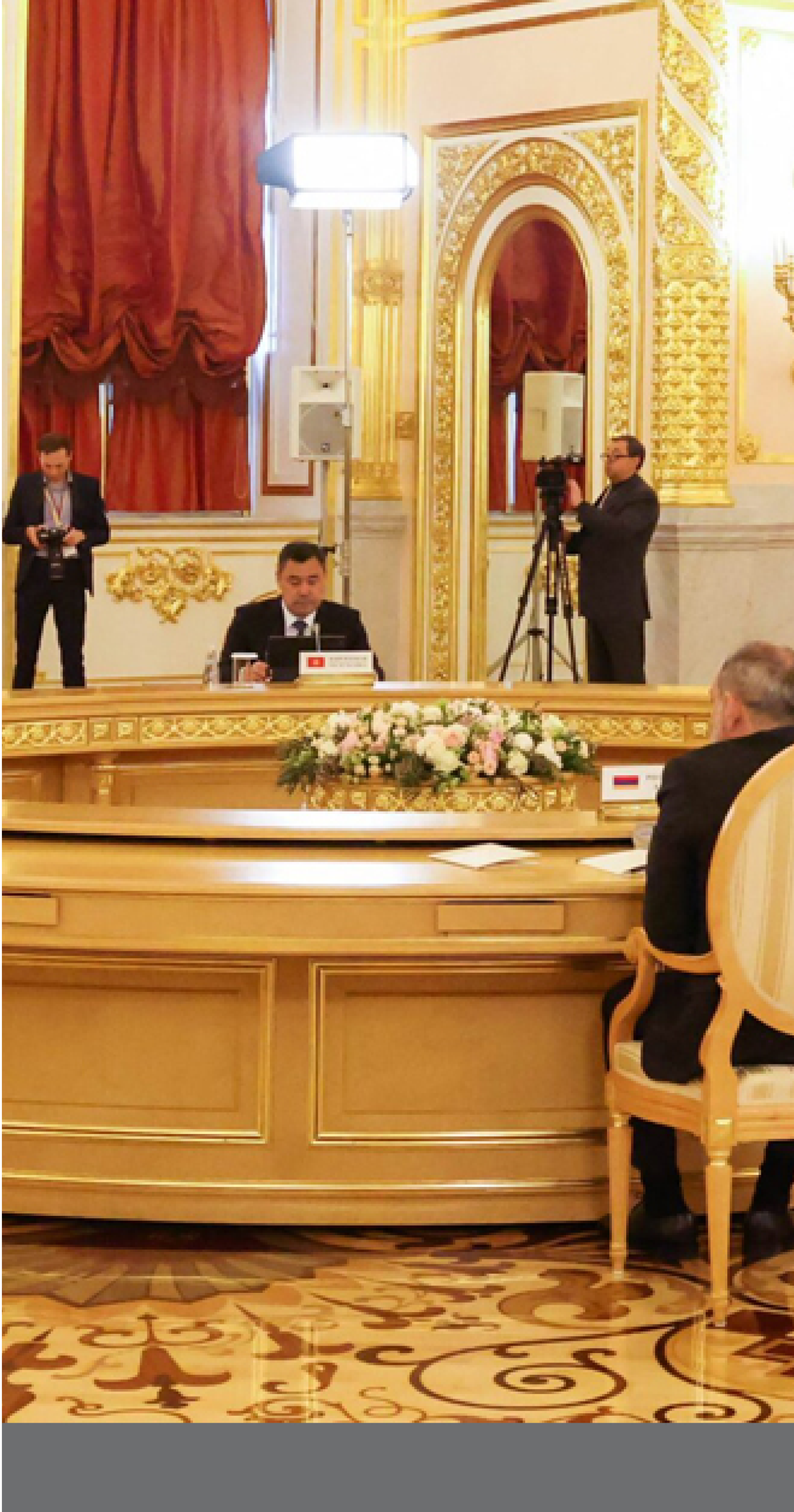
Since the April 2019 elections, the Israeli political process has witnessed a complex internal crisis generated by disagreements among elected forces over forming a coalition government. This came as a result of the laws that regulate parliamentary life in the Knesset, in addition to the stumbling process of reaching an understanding, hence an agreement over the form of Israel’s incoming executive authority.
This paper, therefore, examines the multiple dimensions of this crisis and its impact on Israel's political powers and, in turn, their role in affecting the crisis. The paper also attempts to recognize if such an unprecedented level of congestion is attributed to an international dimension while presenting the expected scenarios of the Israeli situation amid a political vacuum.
** The paper was published before the results of the Israeli elections were announced on September 17, 2019.

This study expresses the viewpoint of its author, and the Strategies Center does not bear any responsibility resulting from the position or opinion of its author regarding security, political, economic, social, and other issues, and does not necessarily reflect the position and/or viewpoint of the Center.
Other:

Advertising space title
Description of the advertising space. Upon the client’s initial approval of the design, this text will be removed.
Most viewed publications
Military Issues
The Gaza War and the Military Deployments in the Region of the World’s Great Powers
Security Issues
Why Terrorism Has Expanded Into The Jungles Of Africa
Politics
The Ukrainian Crisis And Its Repercussions On The Transformation Of Chechen Fighters From "Salafi-Jihadism" To "Sufism Jihadism"
Politics
Asymmetric Threats:A Study in the Transformations of Traditional Deterrence Strategies
Palestinian-Israeli conflict
Position Assessment: Potential Pathways of Conflict between Hamas and Israel







